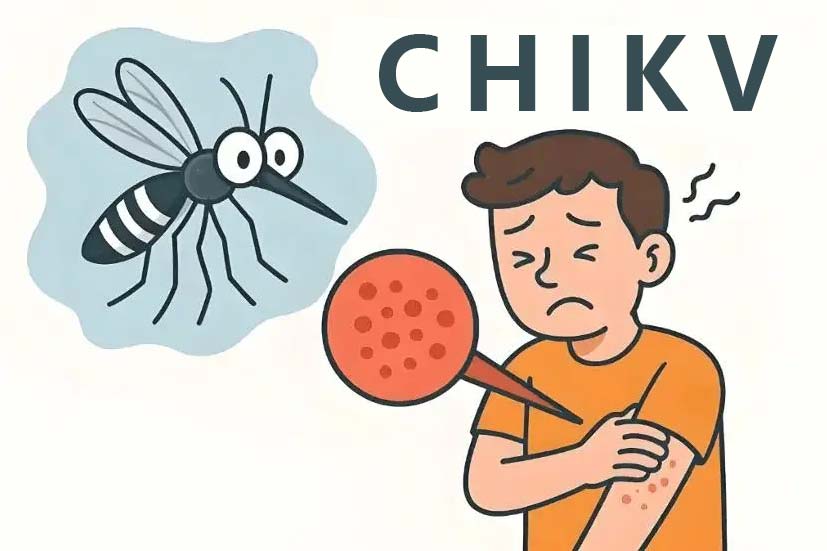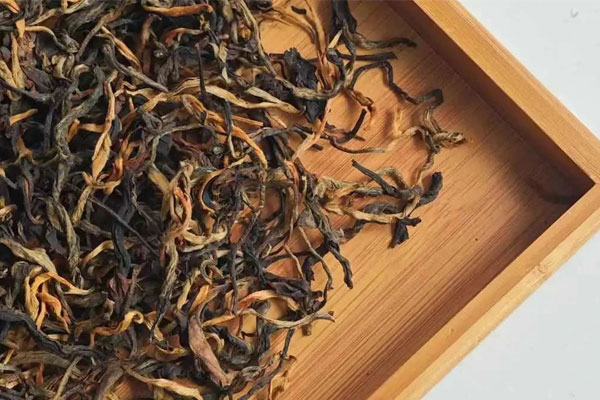Many people always ask why tea is bitter when they first start drinking tea?
◆ Why is tea bitter?
As we all know, the bitterness in tea is innate, and these bitter tastes are mainly produced by tea polyphenols and caffeine in tea.
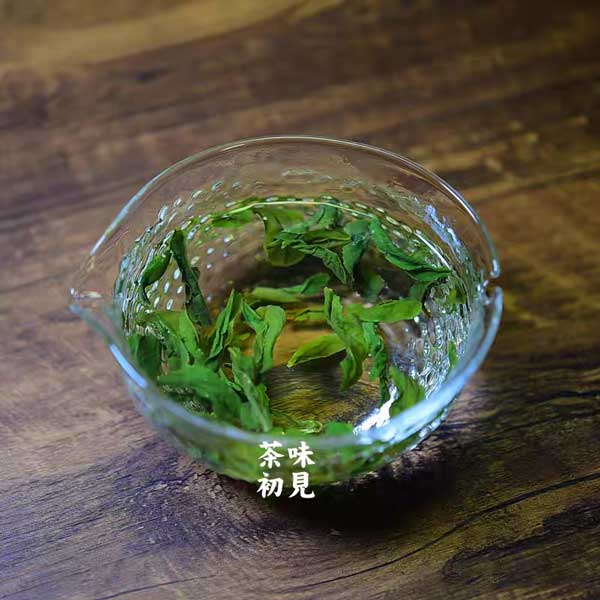
However, in addition to the bitter taste of the inherent substances in tea, there are many other reasons that can cause the bitterness of tea.
The tea tree variety, picking season, growing environment, cultivation management, and tea making process of tea are all reasons for the bitter taste of tea.
For example, if the tea garden management applies excessive nitrogen fertilizer, the tea buds will be fat, which will increase the difficulty of making tea, and the bitterness in the tea will be difficult to remove, and the taste of the produced tea will be relatively weak.
In addition, the bitterness in tea is closely related to the production process. For example, if the cooling time before killing green is not enough, green tea is also easy to produce bitter taste.
◆ Why do many teas become astringent after brewing?
Many teas taste more astringent after brewing multiple times than at the beginning. This is because the taste of tea soup has a lot to do with the amount of water extracts in the tea leaves (especially the amount of flavoring substances extracted).
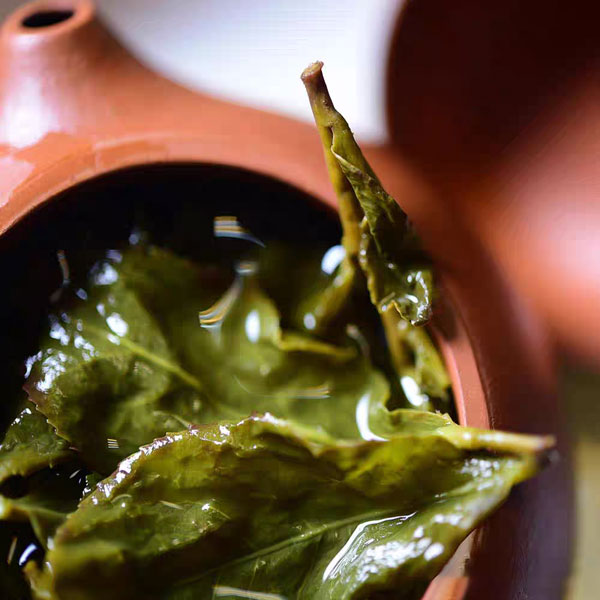
Generally speaking, sweet amino acids and bitter caffeine are the easiest to extract, while astringent catechins are slower to extract.
Therefore, tea soup can present multiple levels of flavor, and the more it is brewed, the more astringent it is.
In addition, the taste has a reinforcing effect. If you feel astringent and the astringency cannot be dissolved, then as the amount of tea you drink is added, the concentration of catechins will be added, and the astringency will become more and more obvious.
On the other hand, this has a certain relationship with the production of tea. Because simple catechins taste refreshing, while complex catechins taste astringent. Therefore, if the tea is poorly made, the complex catechins in the tea cannot be fully decomposed into simple catechins, so it will be astringent and astringent.
◆ Since it is said that "tea is not bitter and astringent"
Then why do many good teas not taste bitter and astringent?
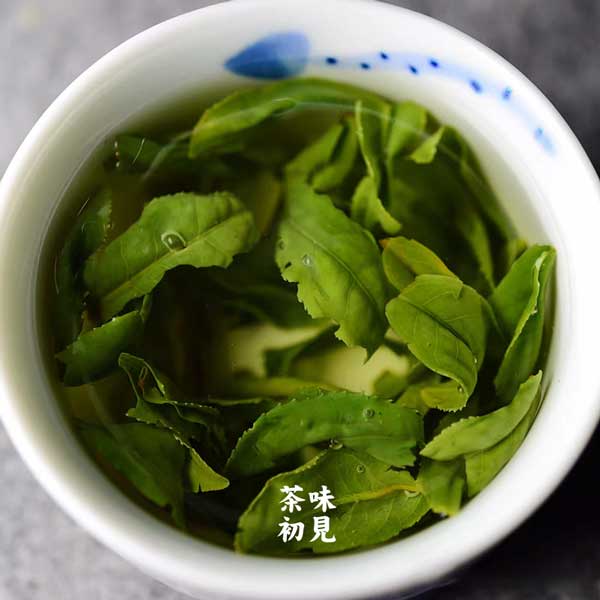
We know that bitterness and astringency can basically be said to be the essential taste of tea. If so, why don't we feel bitterness and astringency when we drink some good tea?
- Any tea contains polyphenols and caffeine substances with bitter and astringent taste. In addition, tea also contains flavor compounds with fresh, sweet, sour and other flavors. With more of these flavor substances, bitterness and astringency are not so easy to be perceived;
- Studies have shown that alkaloids in tea soup can easily form hydrogen bonds with a large number of catechins, and the taste of hydrogen bond complexes is different from that of alkaloids and catechins. On the contrary, it will relatively enhance the mellowness and freshness of tea soup and reduce bitterness and roughness.
However, there are more flavor compounds with fresh, sweet, sour and other flavors in good tea, and there are more hydrogen bond complexes formed by alkaloids and catechins in tea soup, so it is not easy to feel bitterness and astringency.
◆ Why does tea feel astringent?
It is normal to feel astringent when drinking tea, because "astringency" is also one of the normal flavors of tea. The reason why it feels astringent is that there are more tannins in tea.
Generally speaking, different teas, different processing methods, brewing methods, etc. can make the tannin content or dissolution amount in tea produce obvious differences.
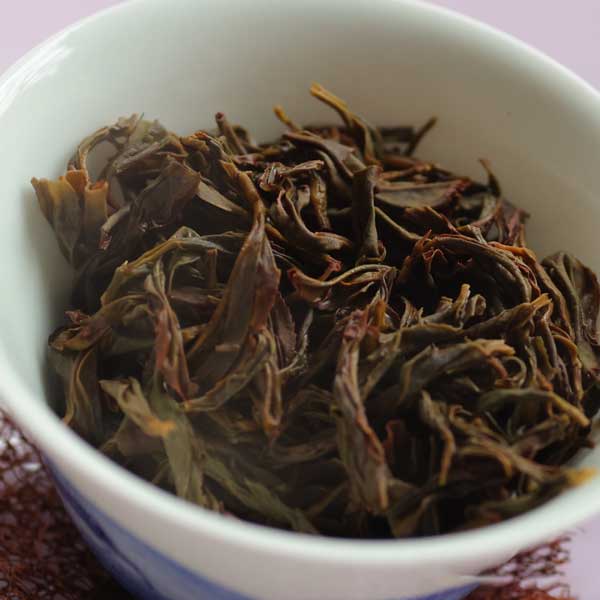
However, although astringency is a normal flavor of tea, the less astringency, the faster the speed of producing body fluids, and the better the quality of tea.
◆ Why is it that some astringency can be dissolved, while others are difficult to tolerate?
Astringency is an inevitable taste performance in tea soup. But why can the astringency of some teas be dissolved and very refreshing; while the astringency of some teas does not dissolve for a long time, adheres to the tongue, and is difficult to tolerate?
Speaking of this, you need to understand what "astringency" is. The free hydroxyl groups contained in the polyphenols in tea combine with the proteins in the upper tissue of the oral mucosa and solidify into an impermeable film. The taste produced by this film is astringency.
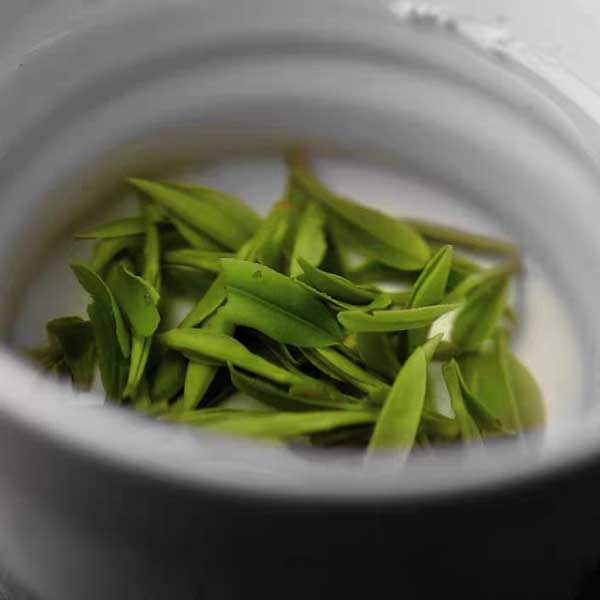
However, if polyphenols have many hydroxyl groups, the impermeable membrane formed is thicker, just like eating raw persimmons, the astringency is unbearable. If polyphenols have fewer hydroxyl groups, the impermeable membrane formed is thin and not strong, and can be gradually dissociated, forming a taste that is astringent first and then sweet, which makes people feel refreshing and very pleasant.
In addition, simple catechins have relatively fewer hydroxyl groups, so they are less irritating and have a refreshing taste; while complex catechins have strong astringency and a heavier astringency.
Therefore, if the production process is appropriate, the content of complex catechins can be reduced and the content of simple catechins can be increased, making the taste more pleasant.

%20--%3e%3c!DOCTYPE%20svg%20PUBLIC%20'-//W3C//DTD%20SVG%201.1//EN'%20'http://www.w3.org/Graphics/SVG/1.1/DTD/svg11.dtd'%3e%3csvg%20version='1.1'%20id='图层_1'%20xmlns='http://www.w3.org/2000/svg'%20xmlns:xlink='http://www.w3.org/1999/xlink'%20x='0px'%20y='0px'%20width='256px'%20height='256px'%20viewBox='0%200%20256%20256'%20enable-background='new%200%200%20256%20256'%20xml:space='preserve'%3e%3cpath%20fill='%23FFFFFF'%20d='M194.597,24.009h35.292l-77.094,88.082l90.697,119.881h-71.021l-55.607-72.668L53.229,232.01H17.92%20l82.469-94.227L13.349,24.009h72.813l50.286,66.45l58.148-66.469V24.009z%20M182.217,210.889h19.566L75.538,44.014H54.583%20L182.217,210.889z'/%3e%3c/svg%3e)

